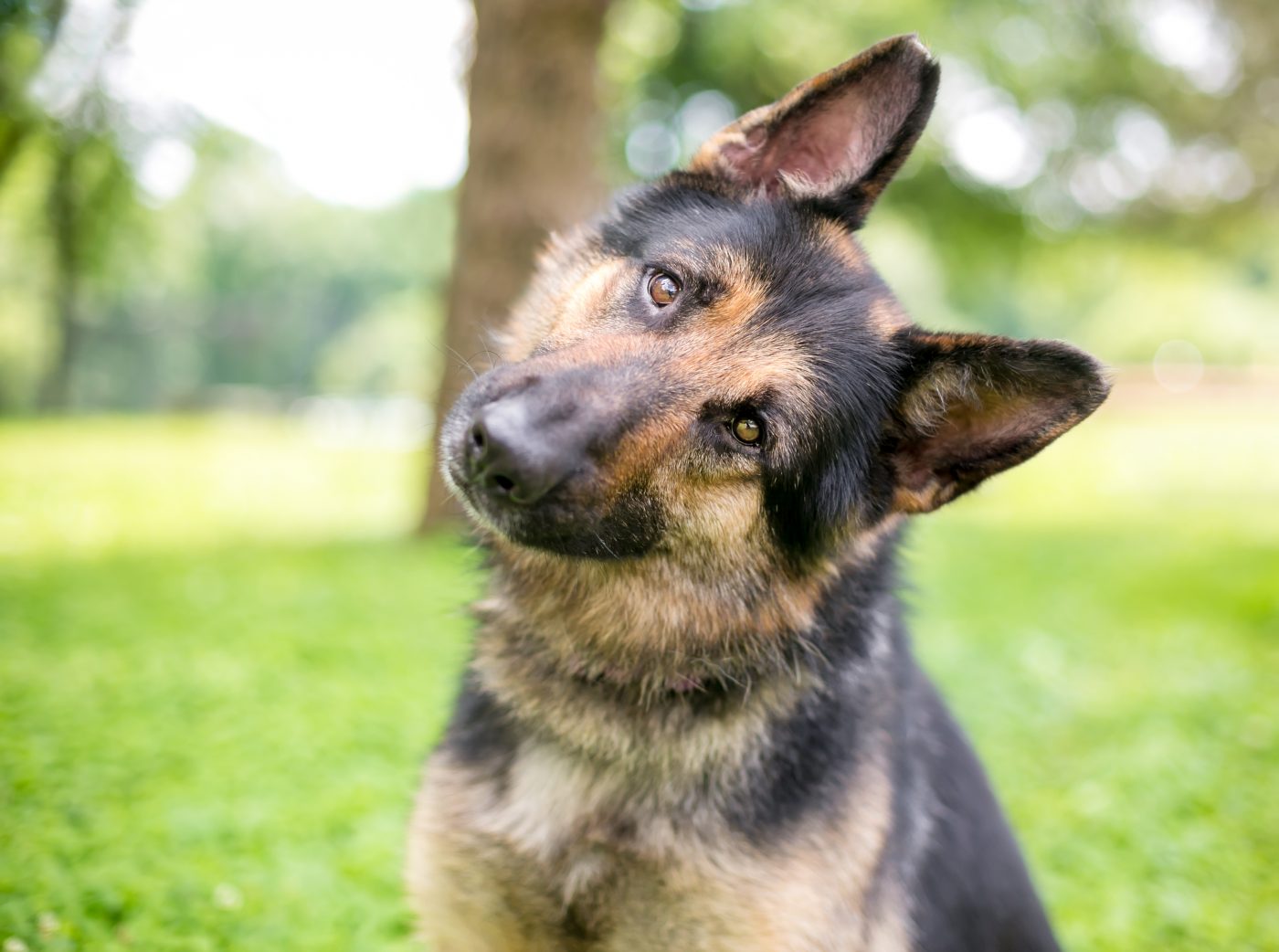 Shutterstock
Shutterstock
Dogs uniquely influence our lives, often showing behaviors that suggest wisdom beyond their years. While they can’t speak, their actions and quiet observations make us wonder if they might carry the spirit of ancient philosophers. From their thoughtful stares to their calm reactions to life’s challenges, some dogs seem to ponder deeper meanings with every wag and gaze. If you’ve ever suspected your dog might be a reincarnated philosopher, you’re not alone—their quiet contemplation and occasional head tilt might reveal more than we think.
The Thoughtful Stare into the Distance
 Shutterstock
Shutterstock
One of the most telling signs that your dog might be a reincarnated philosopher is their ability to stare off into the distance, seemingly deep in thought. Have you ever caught your dog gazing out of the window, watching the wind rustle the leaves, or observing the world silently? While some might chalk it up to curiosity, there’s often a contemplative quality in how dogs can remain still and focused for extended periods. It’s as if they’re reflecting on life’s mysteries, pondering questions humans have grappled with for centuries. In these quiet moments, your dog seems to transcend the daily routine and tap into a deeper understanding of the world around them.
The Slow, Methodical Approach to Solving Problems
 Shutterstock
Shutterstock
Unlike their more energetic counterparts, who dive headfirst into every situation, philosopher dogs take a measured and thoughtful approach to solving problems. Whether figuring out how to reach a treat hidden under furniture or deciding the best way to approach a new experience, these dogs exhibit a level of patience and careful deliberation reminiscent of the great thinkers of the past. They don’t rush into situations but take their time, weighing their options before moving. This thoughtful behavior often leaves you wondering if your dog is carefully calculating every outcome, much like a philosopher contemplating the nature of existence.
The Deep Sighs of Contemplation
 Shutterstock
Shutterstock
We’ve all heard it—a deep, exaggerated sigh from our furry friend as they lie down after a long day or sit by your side as you work. But for some dogs, this isn’t just a sign of tiredness; it feels like an expression of existential reflection. Their sighs seem almost human, as if they’re grappling with the world’s weight or pondering life’s greatest questions. When your dog lets out one of these thoughtful sighs, you can’t help but imagine they’re contemplating the deeper meaning of life, existence, and the nature of their own canine journey.
The Unhurried Exploration of Their Surroundings
 Shutterstock
Shutterstock
Unlike dogs who race through life, who are always on the move, philosopher dogs take their time exploring their environment. These dogs are the ones who walk slowly on a leash, sniffing every flower, examining every tree, and pondering each scent with great interest. They seem to savor the experience of being outdoors, not just rushing from point A to point B but truly engaging with the world around them. This slow, deliberate exploration suggests they’re not just taking in stimuli but are deeply processing their surroundings, making sense of their place in the grand scheme of things.
The Ability to Sit in Silence
 Shutterstock
Shutterstock
Philosopher dogs have a special talent for sitting in silence, often for long periods, without seeming bored or anxious. They’re the dogs that can curl up beside you and remain calm and still, as though they’re content in the simplicity of being present. In these moments, their quiet demeanor feels more like meditative reflection than mere relaxation. Unlike dogs who need constant stimulation or entertainment, philosopher dogs seem to embrace silence as a space for inner peace and thought. They appear to be attuned to the subtle art of mindfulness, quietly reflecting on the world around them without needing to move or make noise.
The Tilted Head of Wisdom
 Shutterstock
Shutterstock
There’s something undeniably charming about dogs’ classic head tilt when they hear a strange sound or see something unfamiliar. But for philosopher dogs, this tilt isn’t just about curiosity—it’s as though they’re trying to comprehend a complex idea or solve a difficult problem. When your dog tilts their head and looks at you with that knowing expression, you can almost imagine them contemplating life’s big questions, wondering about the meaning behind your words or the mysteries of the universe. Their thoughtful gaze and inquisitive posture make it seem like they’re trying to communicate an understanding beyond the ordinary.
The Gentle, Compassionate Interaction with Others
 Shutterstock
Shutterstock
Philosopher dogs often demonstrate a deep sense of empathy and understanding when interacting with humans and other animals. These dogs seem to have an innate ability to sense when someone is upset or needs comfort, responding with calmness and care. Their gentle demeanor and thoughtful actions can make it feel as though they’re aware of the emotional states of those around them, offering quiet support without needing to be asked. This compassion and emotional intelligence hint at a wisdom that goes beyond typical canine behavior, suggesting they may be pondering the human condition in their own quiet way.
The Reflective Use of Play
 Shutterstock
Shutterstock
While most dogs enjoy playful activities, philosopher dogs approach play with a more reflective attitude. They may not be as rambunctious as other dogs, but when they engage in play, their actions have a certain deliberation. Whether they’re gently nudging a toy or thoughtfully engaging in a game of fetch, their play seems to be less about burning energy and more about understanding the dynamics of interaction. Their calculated moves and patient engagement during playtime can give the impression that they’re not just having fun but are also processing the experience in a deeper, more meaningful way.
The Quiet Contentment in Simple Joys
 Shutterstock
Shutterstock
Philosopher dogs seem to have mastered the art of contentment. They don’t require constant excitement or attention to be happy; instead, they find joy in the simplest things. Whether basking in a patch of sunlight, curling up in a cozy spot, or simply being near their human, these dogs seem to appreciate life’s small, quiet moments. Their ability to find peace and happiness in these simple pleasures reminds them that joy doesn’t always come from grand gestures or activities. Philosopher dogs seem to understand this deeply, and their calm contentment speaks volumes about their thoughtful approach to life.
Your Dog, the Quiet Thinker
 Shutterstock
Shutterstock
If your dog displays these behaviors, they may channel a philosopher’s spirit. From thoughtful stares to gentle interactions, these dogs exhibit a quiet wisdom beyond typical canine behavior. They encourage us to slow down, reflect, and appreciate life’s simple moments. Whether pondering life’s mysteries or enjoying a sunny spot, philosopher dogs bring calm and introspection to our daily lives. So, when you see your dog in a thoughtful moment, take a second to appreciate the quiet wisdom they add to your world.
 Toledo, United States.
Toledo, United States.